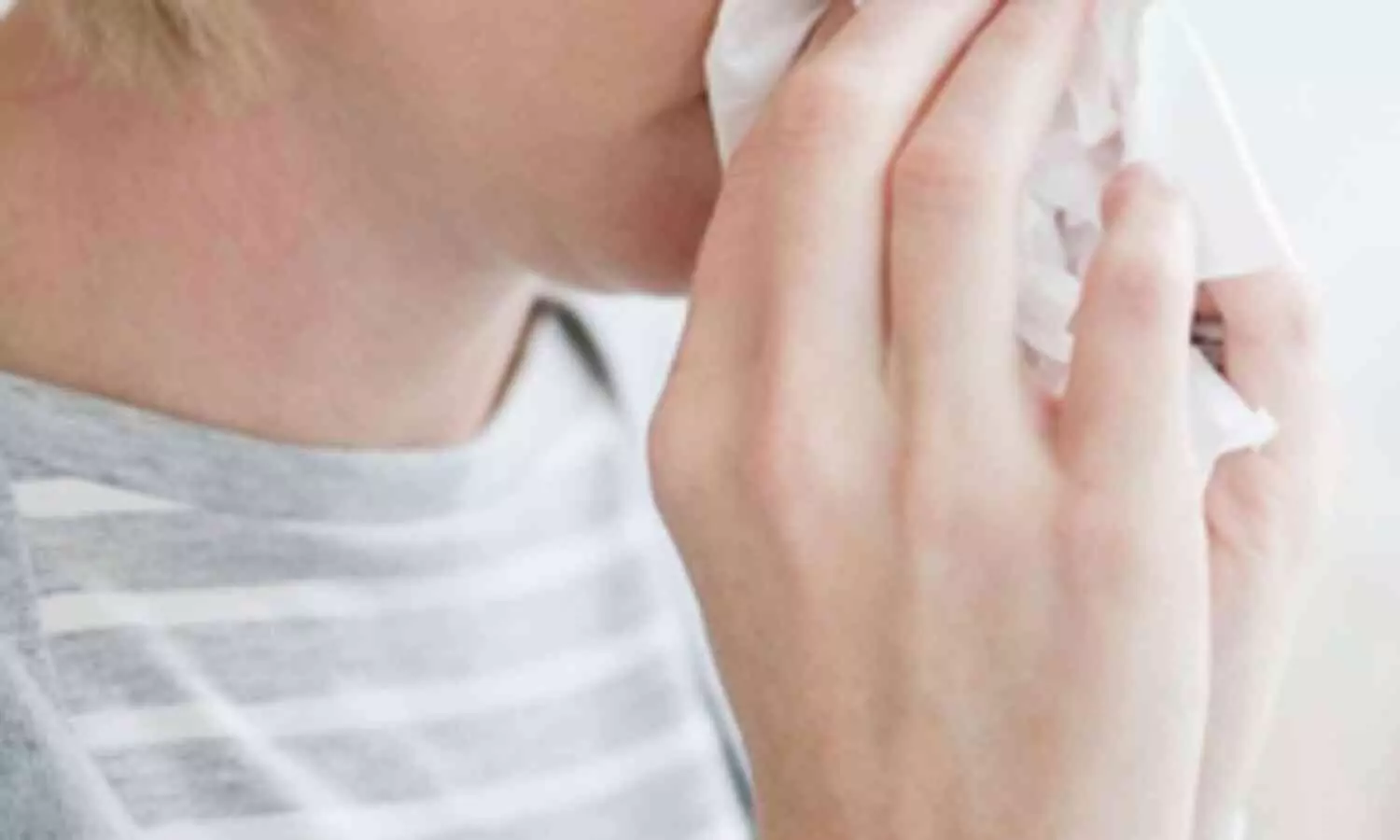Research Reveals Link Between Smoking and Severe Flu Infections

New Delhi: A recent study has uncovered how cigarette smoking disrupts the microbiota in the throat, potentially exacerbating influenza A virus infections. Researchers from the University of Bern, Switzerland, conducted a mouse study to explore the impact of smoking on microbial communities and flu severity.
Smoking is widely recognized as harmful to health, contributing to chronic pulmonary diseases and raising the risk of influenza-related illnesses. More recently, scientists have identified a connection between smoking and alterations in the oropharyngeal microbiota, though the exact mechanism has remained unclear. The oropharynx includes the soft palate, tonsils, back of the tongue, and throat walls, playing a key role in the respiratory system.
The research team, led by Markus Hilty, Associate Professor at the Institute for Infectious Diseases, investigated the effects of cigarette smoke exposure on gut and throat microbiota in mice. Hilty noted that while smoking itself is a major factor in respiratory diseases, the smoker’s microbiota may also influence respiratory health and susceptibility to infections. “In our case, it impacts viral infection,” Hilty explained.
The study involved exposing one group of mice to cigarette smoke while keeping a control group in clean air. Both groups were then cohoused with germ-free mice to facilitate microbiota transfer. This allowed researchers to observe how the microbiota of smoke-exposed mice influenced the health of germ-free mice.
Published in mSystems, a journal of the American Society for Microbiology, the findings revealed that germ-free mice colonized with microbiota from smoke-exposed donors experienced more severe influenza A infections compared to those colonized by microbiota from air-exposed mice. The severity of the infection was measured by increased weight loss among the affected mice.
Furthermore, the study showed that viral infections caused significant changes in the oropharyngeal microbiota composition. These alterations were most pronounced on the fourth and eighth days post-infection, highlighting how smoking-induced microbial imbalances can worsen disease outcomes.
The findings underscore the broader impact of smoking beyond direct lung damage. According to Hilty, physicians should recognize cigarette-induced microbiota disruption as an important factor during viral infections. He emphasized the need for further exploration of this link to improve prevention and treatment strategies.
This research provides valuable insights into the interplay between smoking, microbial health, and viral infections, reinforcing the importance of smoking cessation in reducing the severity of illnesses like influenza.


